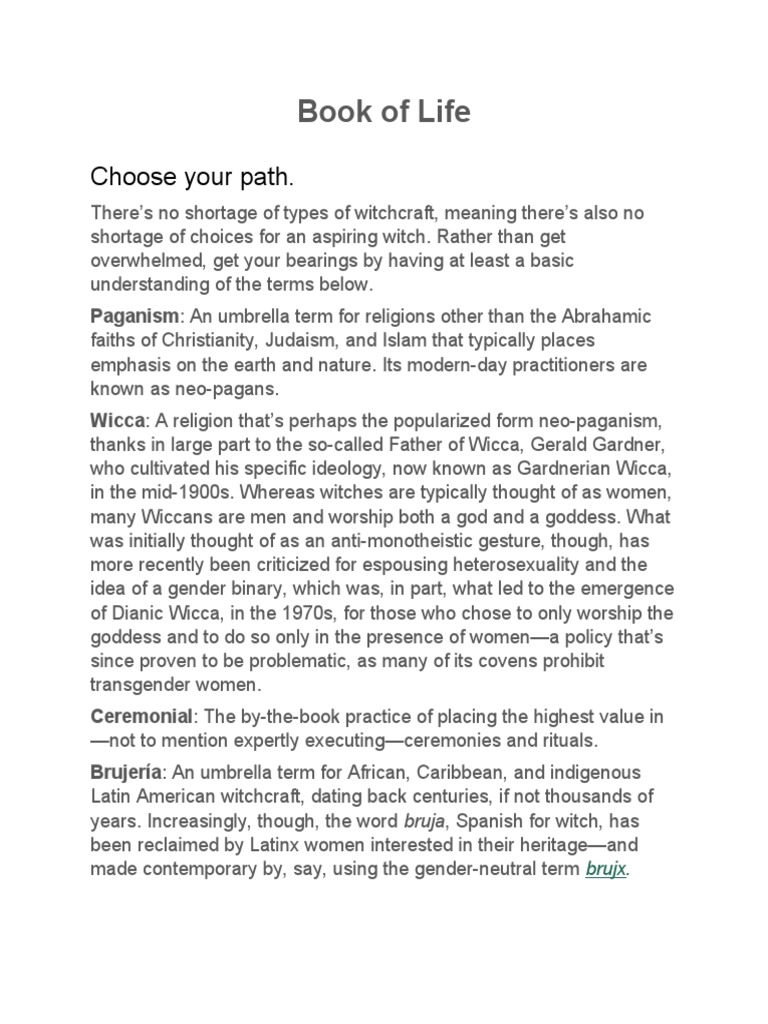The myriad of teachings articulated in the Baha’i Faith offer profound insights into the human experience and the dynamics of existence. Central to these teachings is the idea of a shifting perspective, encouraging adherents to contemplate their circumstances through a lens enriched by spiritual principles. The metaphorical concept of “reading a chapter in the Book of Life” serves as an evocative framework for understanding the stages of spiritual development and personal growth within the rich tapestry of Baha’i doctrine. As one embarks on this journey, a nuanced examination of the prevalent themes within these “chapters” unfolds.
At the heart of Baha’i teachings rests the tenet of the oneness of humanity. This principle challenges individuals to extend their understanding beyond the confines of nationality, race, and creed. The first chapter one might contemplate emphasizes the significance of unity. It posits that true progress is contingent upon harmonizing human relationships. By recognizing the interconnectedness of all people, followers are invited to reflect on their societal roles and responsibilities. In a world marked by division, this teaching presents an invigorating shift in perspective—a call to foster an environment where collaborative efforts proliferate, ultimately leading to collective advancement.
The next chapter further delves into concepts surrounding individual transformation and the enhancement of personal virtues. Baha’u’llah, the founder of the Baha’i Faith, articulated that the individual’s spiritual development is not merely an inward journey but a transformative process that radiates outward to affect the broader community. The teachings encourage self-reflection and the cultivation of virtues such as love, kindness, and justice. This chapter invites readers to embark on a quest for self-improvement, piquing curiosity into the personal attributes one might nurture to contribute more effectively to society. How does one embody these virtues in daily interactions, and how do they serve to uplift those around them?
Another pivotal chapter introduces the concept of spiritual law and the role it plays in guiding human behavior. Encompassing ethical guidelines, these laws offer clarity and purpose to the individual’s pursuits. The Baha’i perspective emphasizes that spiritual laws are not restrictive but rather liberating, providing a framework for personal and communal development. By adhering to principles such as honesty, trustworthiness, and compassion, individuals navigate the complexities of life with a renewed sense of purpose. This chapter fosters curiosity about how adherence to these laws can lead to an enriched life, characterized by authenticity and integrity.
The promise of human potential is vividly portrayed throughout Baha’i literature. A significant chapter accentuates the power of education as a fundamental human right. It is posited that education is pivotal not merely for personal advancement but as a catalyst for societal change. This perspective compels individuals to reconsider their engagements with knowledge acquisition and dissemination. What role does education play in one’s personal chapter of life? Furthermore, how can one contribute to the education of others, thereby amplifying its impact on the community? Such questions spark inquiry into the transformative influence education wields over both the individual and collective consciousness.
As readers progress through these chapters, another fundamental theme to explore involves the reconciliation of science and religion. Within the Baha’i Faith, the symbiotic relationship between these two realms is heralded as a pathway to epistemological advancement. This chapter addresses modern dilemmas in a world increasingly polarized by these domains, proposing a harmonious integration that honors both spiritual and empirical truths. The reconciliation poses an intellectual challenge: how might one approach the complexities of existence when both scientific inquiry and spiritual understanding are deemed essential for a holistic comprehension of reality?
The final chapter invites readers to consider the concept of service to humanity as a manifestation of spiritual development. This teaching emphasizes that true fulfillment emerges through acts of kindness and community engagement. By situating oneself as a conduit of love and compassion, individuals transcend self-centered pursuits and align with a higher purpose. This chapter galvanizes curiosity about the diverse ways in which one can serve and uplift others. It encourages individuals to seek out opportunities for meaningful contribution, advocating that such service enriches both the giver and the receiver.
In essence, the Baha’i teachings, manifested through the metaphor of reading a chapter in the Book of Life, encapsulate the multifaceted journey of spiritual and personal growth. Together, these chapters invite followers to harmonize their inner and outer worlds, cultivate virtues that bolster societal ties, and navigate the complexities of existence with integrity and purpose. Each chapter serves not only as a standalone reflection but as part of a larger narrative—one that both challenges and inspires. As the reader contemplates their current chapter, a transformative journey unfolds, filled with the promise of enlightenment and the possibility of positive change.
Ultimately, the question remains: which chapter are you currently reading in your own Book of Life? Embrace the teachings, explore the myriad themes, and allow curiosity to guide your journey toward greater understanding and spiritual fulfillment.
